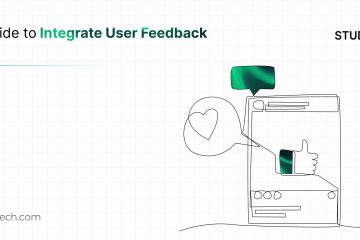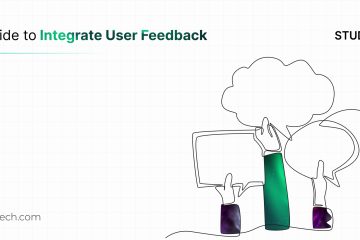Social learning suggests that people learn from one another through observation, imitation, and modeling. It has emerged as a powerful educational tool in the FinTech sector, particularly in trading, where community interactions and shared experiences are vital for skill acquisition. Examining how various elements of these platforms influence user behavior, mainly focusing on how users learn from each other and adapt their financial strategies, reveals a broad pattern.
Understanding how users learn from each other and adapt their financial strategies in the FinTech sector is crucial for product designers. By gaining insights into the mechanisms that influence user behavior, designers can tailor platform features, facilitate meaningful community interactions, and provide relevant educational resources that empower users to develop their financial literacy and make informed decisions. Leveraging social learning principles can help product designers build more engaging and effective FinTech platforms that support users in achieving their financial goals and navigating the complexities of trading and investing.
STUDIO iX is currently incubating the design phase of a pioneering peer-to-peer lending solutions startup. By strategically integrating these social learning principles into the design, the team aims to create a dynamic and immersive learning environment that empowers users to thrive in the world of alternative finance while fostering a sense of community, collaboration, and continuous improvement. Through ongoing refinement and adaptation informed by user feedback and emerging insights, the platform is poised to redefine the landscape of peer-to-peer lending, offering a truly transformative experience for lenders and borrowers alike.
Observation
Observation is the initial and perhaps the most critical stage of social learning, where users witness the behaviors and outcomes of others. In FinTech, platforms that integrate social feeds allow users to directly observe the trading strategies, investment choices, and portfolio performances of more experienced traders. Novice traders can follow these discussions to learn about different approaches to trading, such as technical analysis or swing trading techniques, and apply these lessons to their trading activities. This visibility of other people’s financial decisions and their outcomes can significantly influence user behavior, encouraging new users to model their actions based on successful traders. This mere observation can help demystify complex financial products and markets for beginners by providing practical, real-world examples of how trading strategies are executed and managed.
Mimetic Behaviors
After observing successful behaviors, users tend to imitate these actions, hoping to replicate the observed successes. Mimetic behaviors in FinTech platforms can be facilitated by offering features like copy trading, where users can automatically replicate the trading actions of another investor. Imitation accelerates the learning curve for novice traders, allowing them to participate actively in trading without first needing deep market knowledge or extensive experience. However, it also introduces risks, as users might copy trades without fully understanding the underlying decisions or market conditions, leading to potential mismatches in risk tolerance and strategy. Designers have an opportunity to mitigate this and facilitate deeper learning; a good design intervention could be to help the user assess their own risk profile or match the decision to a previously taken risk appetite score before making an informed decision. Such a design intervention allows users to gradually build confidence in the task.
Reinforcement
Reinforcement in social learning occurs through feedback and results. In FinTech, this often comes in the form of gains or losses following certain financial behaviors and social feedback through likes, comments, or shares on social posts detailing financial actions. Positive reinforcement (such as profitable trades or positive social feedback) encourages the continuation of the behavior, while negative reinforcement (losses or negative feedback) may deter it. This dynamic can significantly influence a learning trader’s risk-taking behavior, potentially leading them to either overestimate their trading abilities or become overly cautious. Introducing mentorship at this stage can provide diversified learning experiences. The design may vary from a mentoring program to an anonymous chat group, webinars, and self-paced learning tools/modules. Some platforms have a feature where novice traders can connect with more experienced mentors. These mentors provide one-on-one guidance on complex trading strategies such as options trading, helping novices navigate the steep learning curve with personalized advice and real-time feedback.
Motivation
In the context of social learning in FinTech, motivation is often driven by visible rewards like financial gains, social recognition, and the intrinsic desire to improve one’s economic well-being. Elements like points, badges, and leaderboards further enhance this motivation by making the learning process more engaging and competitive. Motivation affects the extent and intensity with which users engage with the FinTech platform. High motivation levels can lead to increased learning and more active financial management. However, excessive motivation toward rewards can lead to riskier behaviors, especially if users are more driven by the gamification aspects rather than sound financial management.
Social learning in FinTech shows that these platforms significantly influence user behavior by leveraging fundamental human instincts of observing and modeling others, reinforced by the immediate outcomes of their actions. While this can accelerate learning and engagement, it also requires careful design to ensure that users are making informed decisions and not merely following others without a deeper understanding. A responsible design strives to balance educational content, transparent risk information, and social features to nurture informed, sustainable financial behavior among its users.


